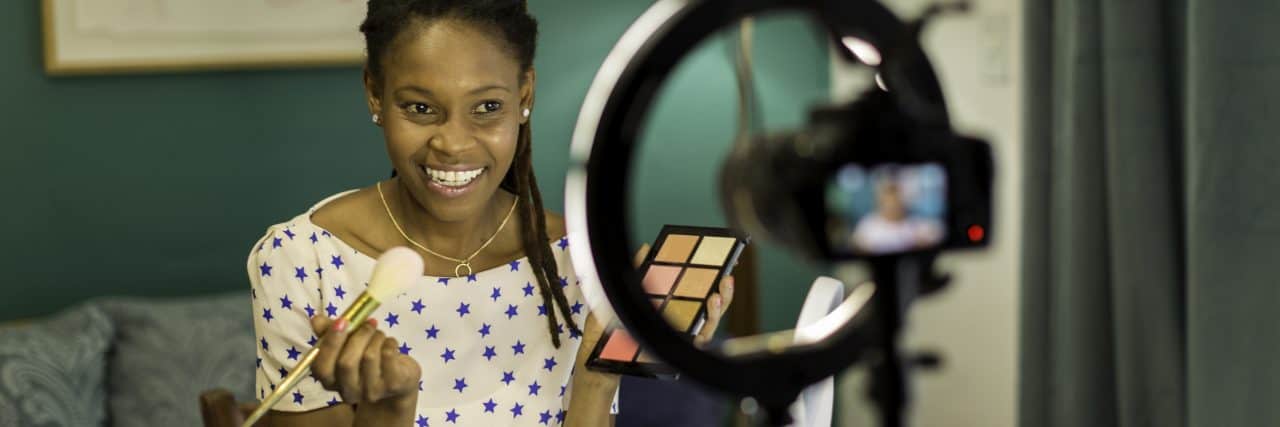The Dangers of Turning Your ADHD Hyperfixations Into Your Career
“If you love what you do, you’ll never work a day in your life.”
Well, that was a bold-faced lie.
I was told that as a little girl, and I believed it. I started searching for my thing – that thing that separates me from the rest while also lighting up a passion that would help me fuel my life financially. For some people, this works. Me, though?
Other relevant stories:
• Is ADHD a Learning Disability?
• Is ADHD Neurodivergent?
• Arguing With Someone Who Has ADHD
• What is ADHD?
I live with attention-deficit/hyperactivity disorder (ADHD) so I have various rotating hobbies that last for about a year before I’m on to the next thing called hyperfixations. When I was 16 to 18 it was photography. From 18 to 20 it was baking. When I moved on from that it was natural hair care. Then I found my way back to photography and videography. Due to how hyperfixations work, I was so intent on becoming the best hobbyist here that my skills improved rapidly, to the point that when everyone said, “You should turn this into a side hustle,” I said, “Wow, you’re right.”
That’s how hyperfixations turned into careers, which ultimately turned into me ruining every hobby I had for a while to the extent that it negatively contributed to my depression and mental health.
Hyperfixations can take over our lives. We may end up spending extreme amounts of money, or spend an unbalanced and unsustainable amount of time pursuing them. While hyperfixations can be fun, they can also be damaging, especially when we confuse what is a current passion for a career.
When you’re hyperfixating, you can find hidden amounts of energy to tunnel vision into your hobby, called hyperfocus. However, when you get the “ADHD ick” for whatever you’re hyperfixating on, it all stops. You begin the dopamine chase for a new hyperfixation, and if you made the last one your career, now you’re stuck in it.
In a career, whether it’s self-employed or otherwise, you have to do the same thing over and over. You have to have a long-term sustainable passion for whatever it is that you’re doing. I thought I did with all the various things I loved, but when I had to wake up at six in the morning for a golden hour shoot, I wasn’t happy or thrilled. I was resentful and angry. That resentment grew and eventually I didn’t pick up the camera for years.
I think it’s very easy to slide down that slippery slope when you love something so passionately. Even though I’m not hyperfixating, I still love photography, baking, and all the other things I’ve tried to pursue, just not enough to make them my career.
Now two guidelines I go by before pursuing something I find myself completely in love with (out of nowhere especially) are based on how long I’ve been hyperfixating and whether I’m pursuing said hyperfixating sustainably.
By waiting a year, or alternatively, however long you tend to hyperfixate on things for. For me, it’s around a year at most regardless of what it is. Sometimes a year and a half, but by that year’s point, if I’m moving on, it’s already started.
The difference between a career and a hyperfixation for me all lies in how I’m pursuing it. Am I negating my personal needs (to extreme extents) and donating all of my life towards this? Or am I able to set firm boundaries and not lose interest? I can do this with publishing, but I could never do this with baking.
If you have ADHD and you’ve made the mistake of trying to make a permanent career out of a temporary love, you’re not alone. Blame the capitalism push. Blame the dopamine deficiency. It’s all valid regardless.
Getty image by Alistair Berg

